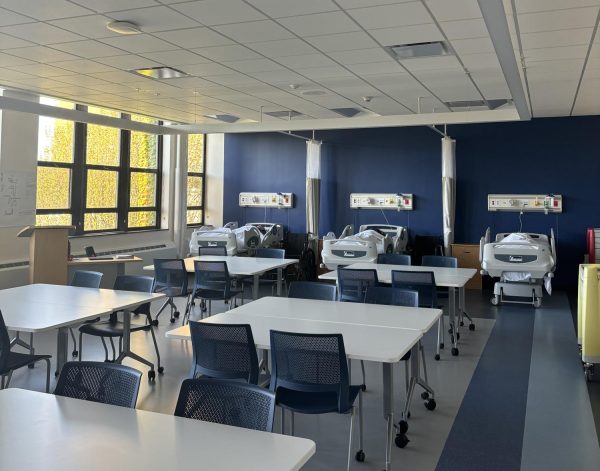National School Psychology Awareness Week aims to aid national shortage
December 13, 2019
Nov. 11-18 was National School Psychology Awareness Week. At ETHS, school psychologists spread awareness through presentations and posters around the building.
“So here at ETHS our roles differ from other schools, district to district, state to state, but wherever you go, one of your main roles as a school psychologist is testing for special education services and supports,” school psychologist Katherine Bokerman said.
The role of a school psychologist surrounds testing for IEPs and 504 plans. Each grade level has their own school psychologist on their grade-level team which includes other support staff such as the grade-level social worker.
“We need school psychologists majorly. But not only is there a shortage in general, there’s also a lack of diversity in the field,” Bokerman said.
This shortage of school psychologists in many public schools is attributed to a lack of awareness around the potential role of school psychologists. The national ratio sits at about 1 psychologist to every 1381 students with some states having 1 psychologist for every 5000 students, according to the National Association of School Psychologists (NASP). A shortage of school psychologists can be detrimental to schools; when there are a high number of caseloads per school psychologists, not all students can get the support they need to address their social, emotional and mental health well-being.
“I don’t think students know what the school psychologists actually do,” junior Santana Bernadel says, “I think it could be a great resource for [students] who need someone to talk to.”
This year the theme of the week was “Find your Focus,” according to the National Association of School Psychologists (NASP), which focuses on teaching students how to communicate, set goals and engage in meaningful conversation.
Here at ETHS, the focus was on teaching students what school psychology is, how to access the resources school psychologists provide for students and how to become a school psychologist, according to Bokerman.


















